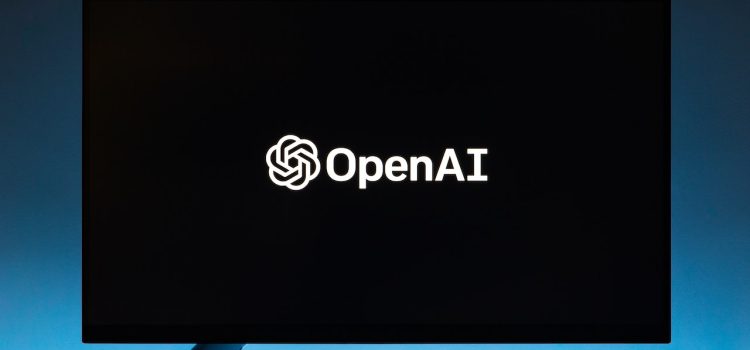
Future Foundations: OpenAI’s Board Reshapes with Microsoft in Non-Voting Role
Introduction
Meet Fred, a futurist with a deep understanding of AI and its implications on society. With a decade of experience in AI research and a keen eye for technological advancements, Alex brings a wealth of knowledge to this discussion on OpenAI’s board reshaping.
OpenAI: A Brief Overview
OpenAI, a beacon of hope in the realm of artificial intelligence, was formed with a noble mission. As a nonprofit, it aimed to develop AI that would be safe and beneficial for humanity. It sought to provide a counterweight to profit-driven AI labs at giants like Google.
The Reshaping of OpenAI’s Board
The recent changes in OpenAI’s board structure have caught the attention of many. The board members, who have the exclusive right to elect and remove fellow directors and also to determine the board’s size, have seen some seats go vacant this year. These vacancies should have been filled quickly, but the process has been slower than expected.
Microsoft’s Role in OpenAI’s Board
Microsoft, OpenAI’s biggest investor with a 49% stake, might seek a role on the ChatGPT-maker’s board of directors. The tech giant might either take a seat on the AI company’s board or as a board observer without voting power. This development has sparked a lot of interest and speculation in the AI community.
Implications for Start-ups and Policy Makers
The reshaping of OpenAI’s board and Microsoft’s potential non-voting role could have significant implications for start-ups and policy makers. This development could influence future collaborations between tech giants and AI research organizations. It could also set a precedent for how AI research is conducted and governed.

Future Predictions: The Road Ahead for OpenAI
With Microsoft potentially taking a non-voting role on OpenAI’s board, the future of OpenAI could see some interesting developments. It’s crucial to keep an eye on how these changes will impact the AI landscape. Will it lead to more collaborations between tech giants and AI research organizations? Or will it result in a shift in the power dynamics within the AI industry? Only time will tell.
Key Takeaways from OpenAI’s Board Reshaping
The recent changes in OpenAI’s board structure and Microsoft’s potential role are significant developments in the AI industry. These changes could set a precedent for future collaborations between tech giants and AI research organizations. They also highlight the importance of governance and oversight in AI research.
Table: Key Points Discussed
| Topic | Details |
|---|---|
| OpenAI Overview | Nonprofit AI organization |
| Board Reshaping | Board members can elect and remove directors |
| Microsoft’s Role | Potential non-voting role on OpenAI’s board |
| Implications | Significant for start-ups and policy makers |
| Future Predictions | Potential influence on the AI landscape |
Conclusion
The reshaping of OpenAI’s board and Microsoft’s potential non-voting role mark a significant shift in the AI industry. As we continue to explore the implications of these changes, it’s clear that the future of AI is a fascinating landscape full of possibilities. Stay tuned for more updates on this evolving story.









